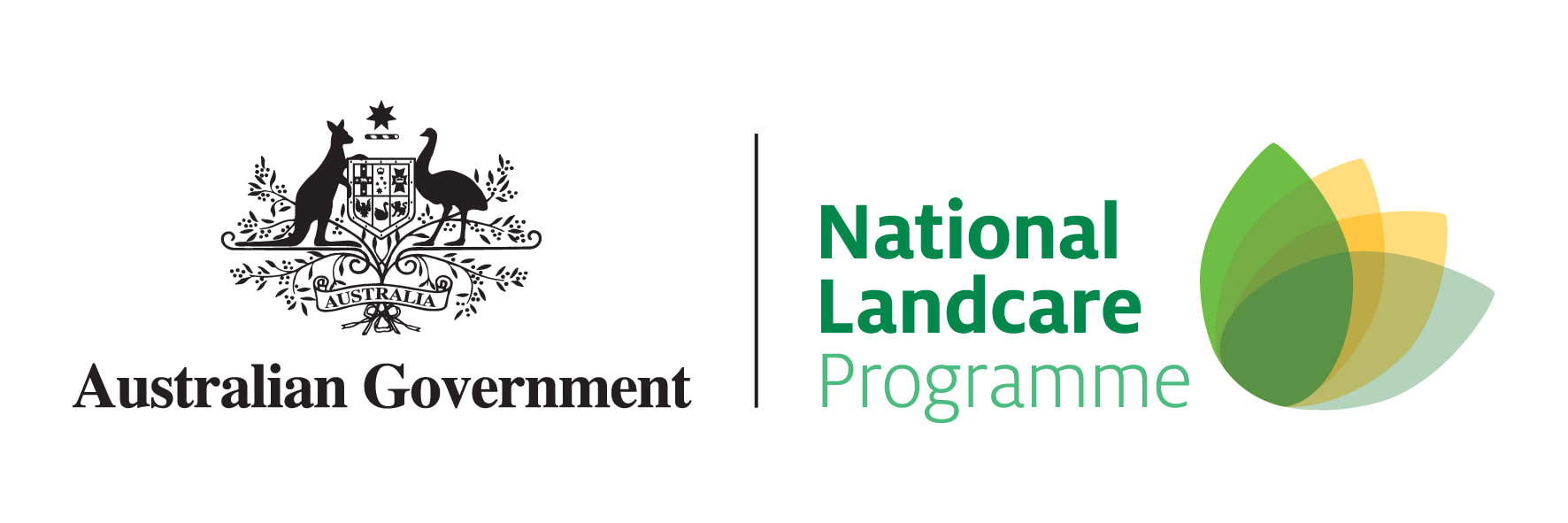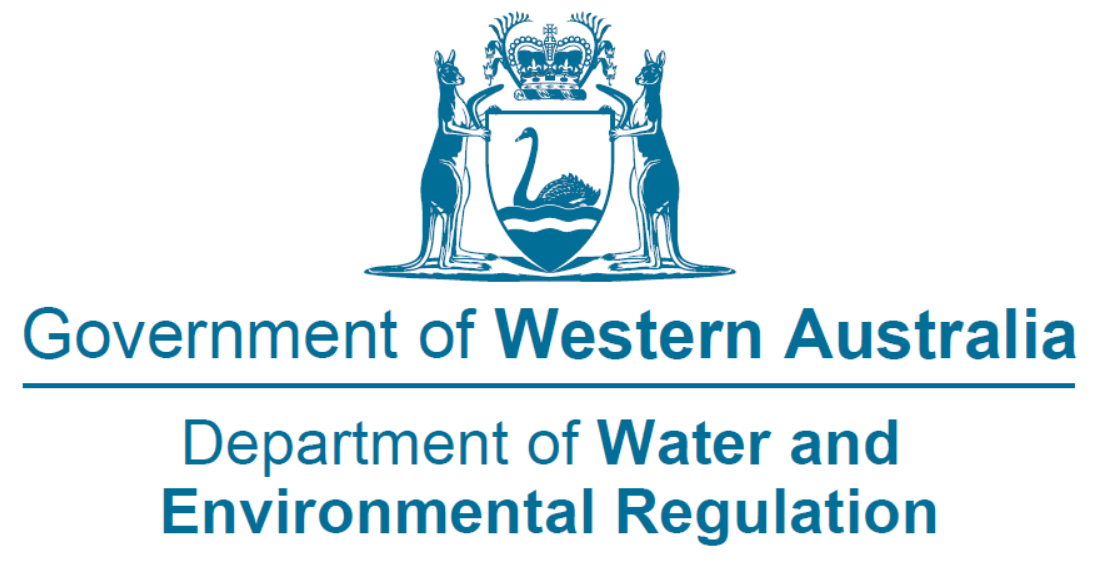Invasive plant and animal species have a big impact on both our farming systems and our environment. The Oyster Harbour Catchment Group is a local coordinator for the annual Red Card for the Red Fox program, a coordinated fox shooting and fox baiting program run throughout the south west of WA.
The Oyster Harbour Catchment Group also works closely with other community groups, South Coast NRM, State Government Departments and the Plantagenet Shire and City of Albany in the implementation of several environmental weed control projects.
Projects have targeted the highly invasive Victorian Teatree and Acacia species such as Golden Wattle and Sydney Golden Wattle. The biological rust control for Bridal Creeper has been actively spread throughout the Oyster Harbour area which has reduced the vigour and seed set of this widespread weed. This has been built upon with a targeted program to prevent its establishment in the western end of the Stirling Range National Park driven by the Kendenup Bushland Management Group. This project undertook an initial spraying program in 2011 with an approach that, while lethal to the bridal creeper, left the native vegetation undisturbed.
The Albany area is also host to the only Gorse infestation in WA. Gorse is one of Australia’s most serious weeds covering between 100,000 and 1 million hectares with the potential to most of the Australian agricultural areas that receive more than about 450mm of annual rainfall. The Albany infestation is currently less than 100ha spread over about 90 private properties and about 250 Government or Local Government locations, predominately roadsides.
Gorse is a perennial shrub which, if left undisturbed, will grow to a height in excess of 3 metres. All stems and leaves are prickly, ending in a sharp spine, making plants impenetrable to animals and unpalatable to all livestock except goats. Seed life is between 20 -30 years so on-going monitoring and control is required for successful control.
A 25 year eradication program has been implemented with commitment from the State Government and South Coast NRM which aims to eradicate Gorse from WA. With the most recent study indicating that gorse was costing Tasmanian primary producers around $1M in lost production and New Zealand estimates (1985) at $NZ150M, Gorse eradication in WA will be well worth the effort.
The Oyster Harbour Catchment Group also works closely with other community groups, South Coast NRM, State Government Departments and the Plantagenet Shire and City of Albany in the implementation of several environmental weed control projects.
Projects have targeted the highly invasive Victorian Teatree and Acacia species such as Golden Wattle and Sydney Golden Wattle. The biological rust control for Bridal Creeper has been actively spread throughout the Oyster Harbour area which has reduced the vigour and seed set of this widespread weed. This has been built upon with a targeted program to prevent its establishment in the western end of the Stirling Range National Park driven by the Kendenup Bushland Management Group. This project undertook an initial spraying program in 2011 with an approach that, while lethal to the bridal creeper, left the native vegetation undisturbed.
The Albany area is also host to the only Gorse infestation in WA. Gorse is one of Australia’s most serious weeds covering between 100,000 and 1 million hectares with the potential to most of the Australian agricultural areas that receive more than about 450mm of annual rainfall. The Albany infestation is currently less than 100ha spread over about 90 private properties and about 250 Government or Local Government locations, predominately roadsides.
Gorse is a perennial shrub which, if left undisturbed, will grow to a height in excess of 3 metres. All stems and leaves are prickly, ending in a sharp spine, making plants impenetrable to animals and unpalatable to all livestock except goats. Seed life is between 20 -30 years so on-going monitoring and control is required for successful control.
A 25 year eradication program has been implemented with commitment from the State Government and South Coast NRM which aims to eradicate Gorse from WA. With the most recent study indicating that gorse was costing Tasmanian primary producers around $1M in lost production and New Zealand estimates (1985) at $NZ150M, Gorse eradication in WA will be well worth the effort.
We acknowledge the Minang and Koreng people as the traditional custodians of the land on which we work and live. We pay our respects to the Elders, past, present, and emerging and to the wider Noongar community.
Sponsors and Supporters











